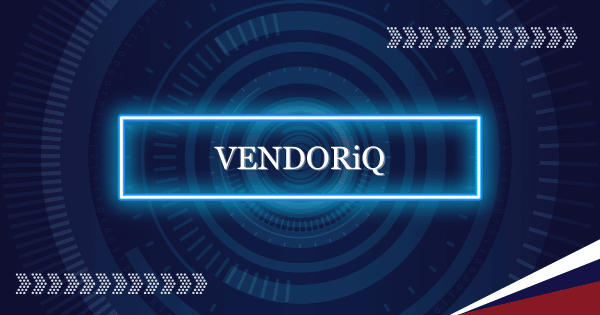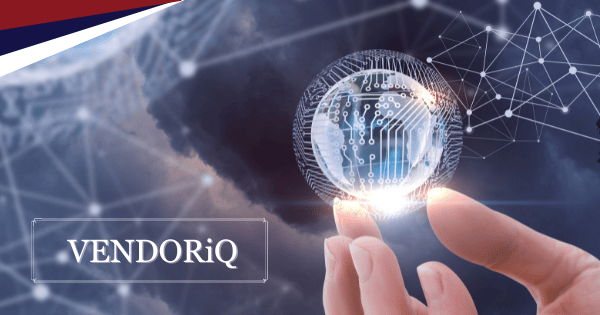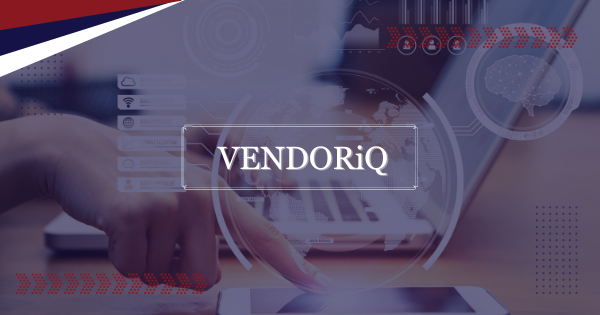
VENDORiQ: Workday’s Sana Acquisition – A Unified AI Strategy or Incremental Advancement?
Workday acquires Sana to centralise knowledge, shifting from passive record-keeping to a proactive, AI-driven employee experience hub.

Workday acquires Sana to centralise knowledge, shifting from passive record-keeping to a proactive, AI-driven employee experience hub.

Microsoft Ignite ushers in autonomous agents, creating an immediate need for financial oversight and zero-trust security to manage unpredictable operational costs.

Microsoft’s new sandboxed Copilot extends its reach from data synthesis to autonomous execution, creating governance and compliance challenges, especially around paywalled data and security.

Adobe’s unified Firefly AI platform streamlines creative production, offering choice via a multi-model ecosystem while shifting vendor lock-in to the overarching Creative Suite.

Canva is challenging Adobe’s market leadership by offering free professional tools (Affinity) and launching an AI-driven Creative Operating System for enterprise content scale.

Adobe’s strategy signals a shift from tool vendor to AI workflow orchestrator, prioritising efficient, brand-compliant content scaling over raw AI model power.

Adobe’s new Firefly Foundry offers bespoke, brand-specific Generative AI models using proprietary IP, securing brand integrity while scaling content production.

StarCoder2, an open-access code LLM, offers customisation for enterprise development, but requires governance for DevOps integration.

A recap of important vendor announcements this month, such as a product launches, M&A, or changes in licensing agreements.